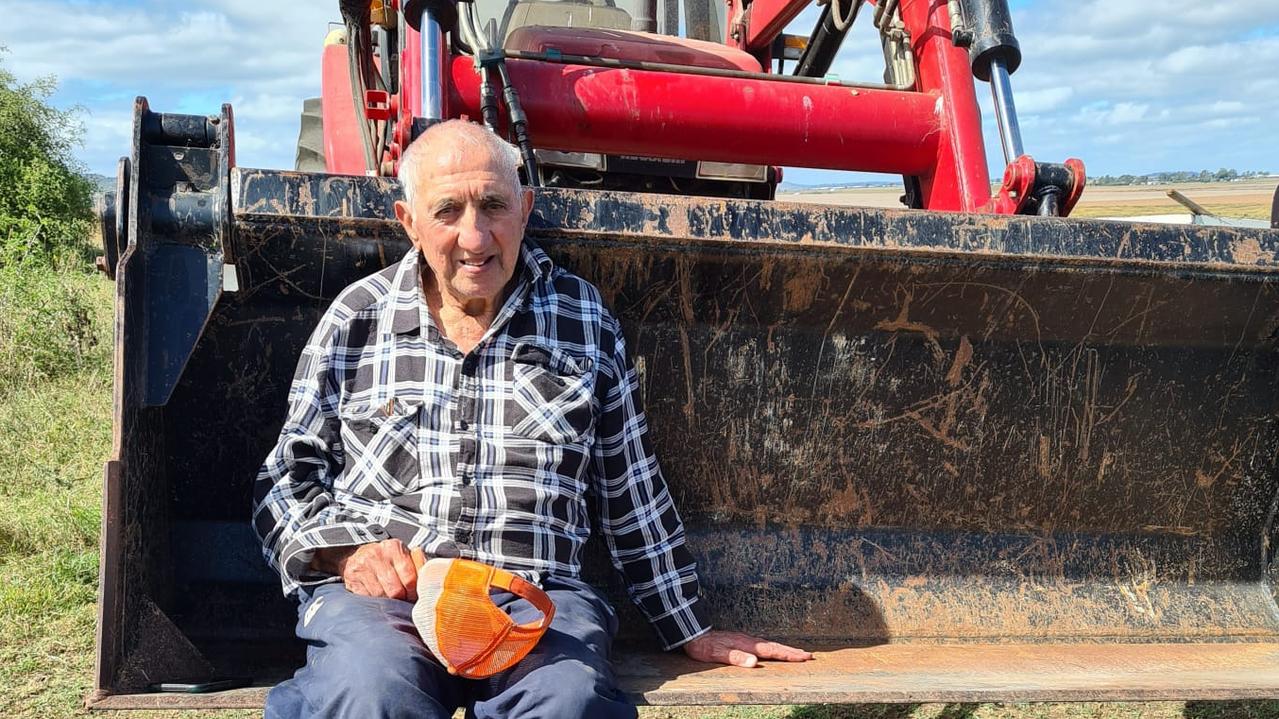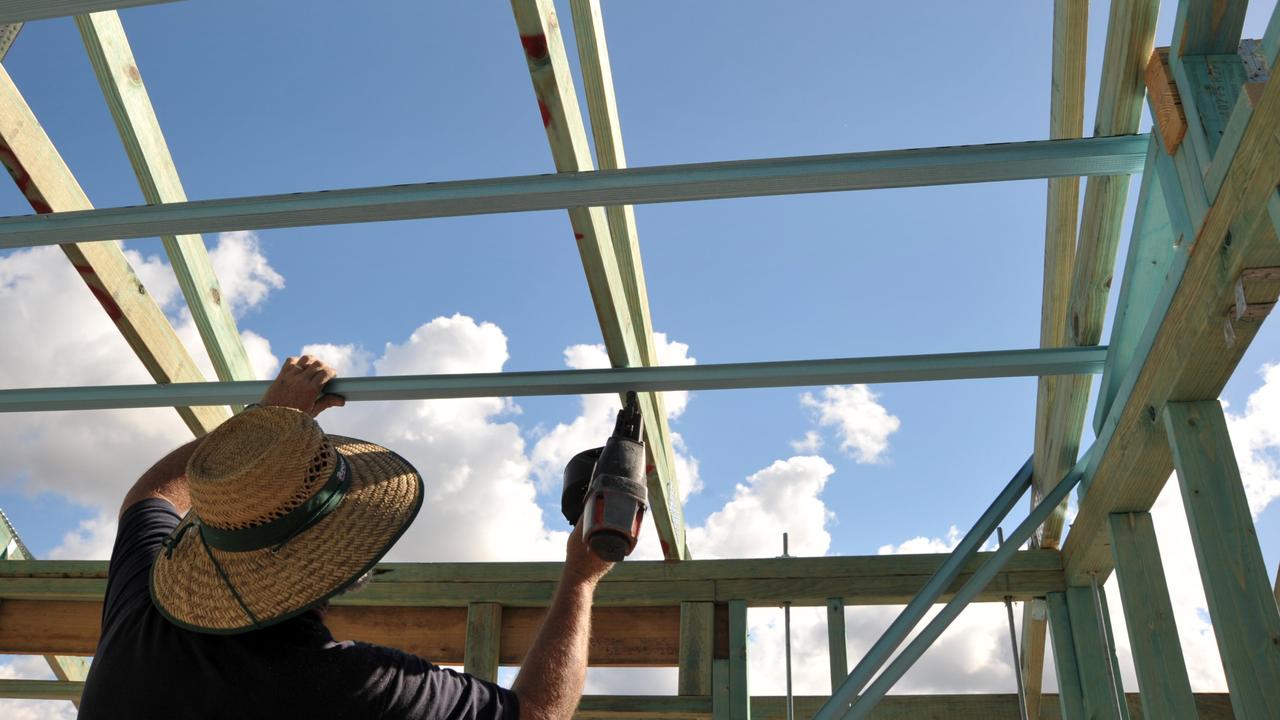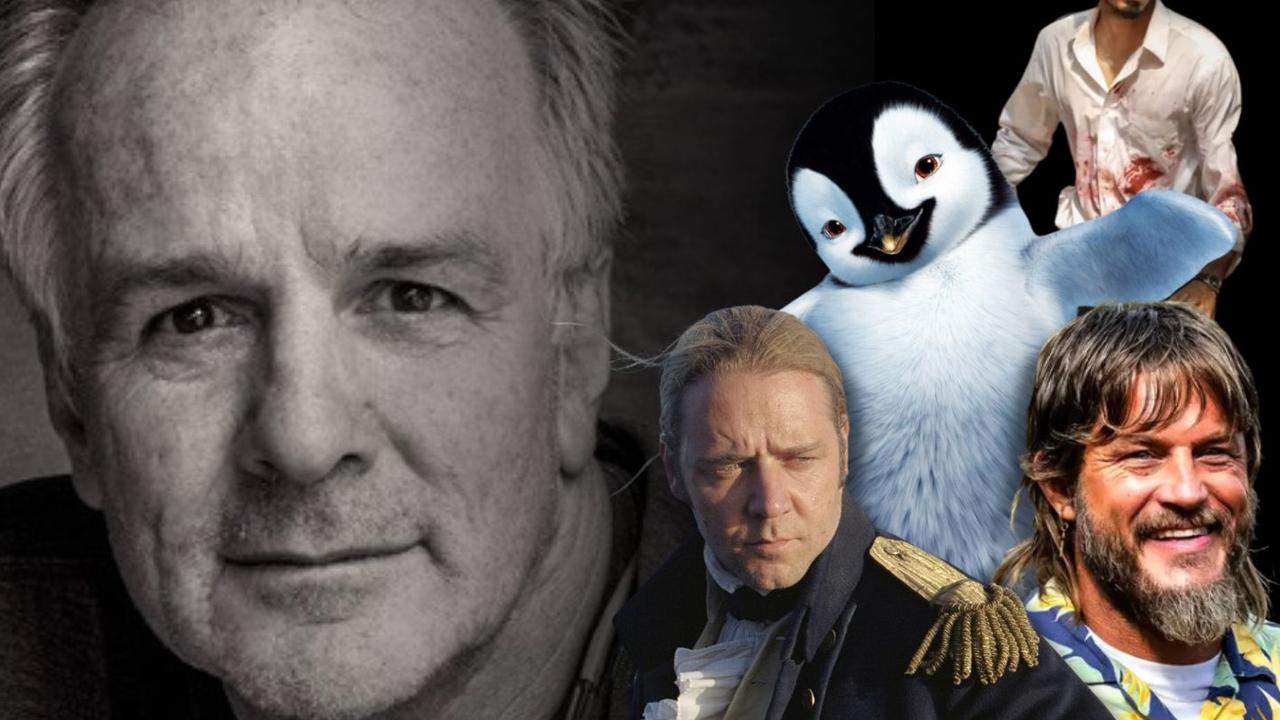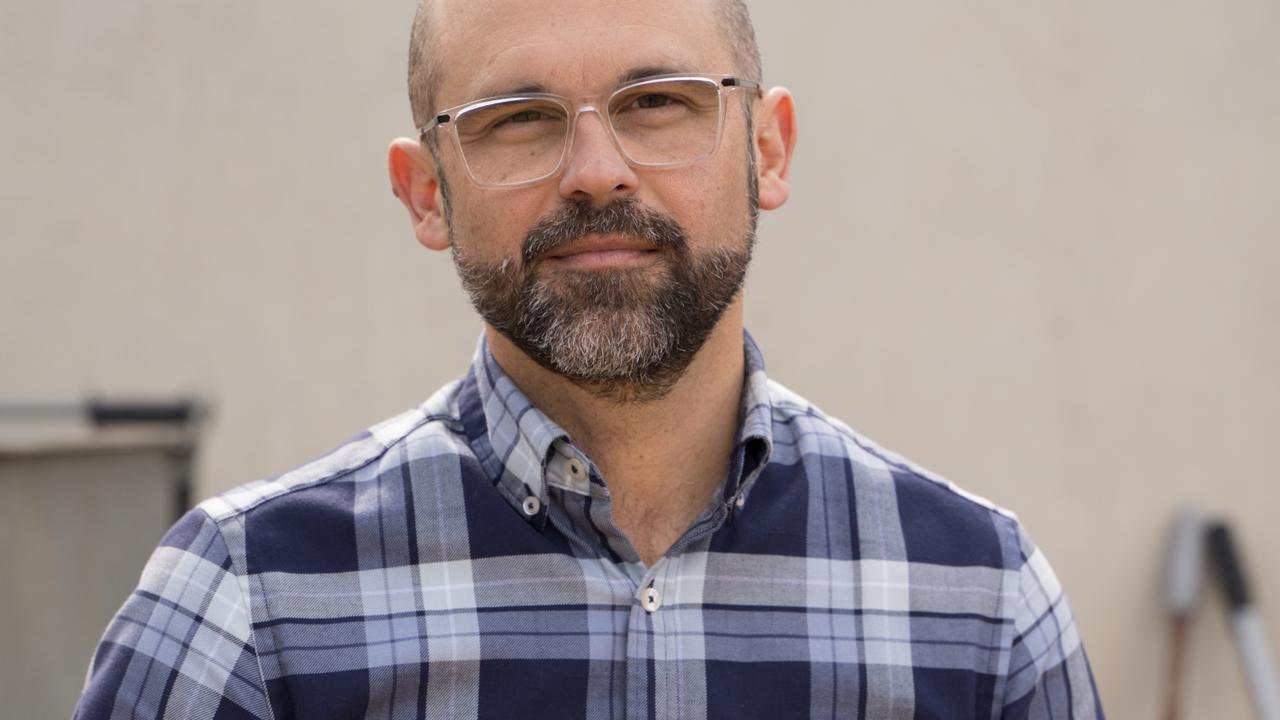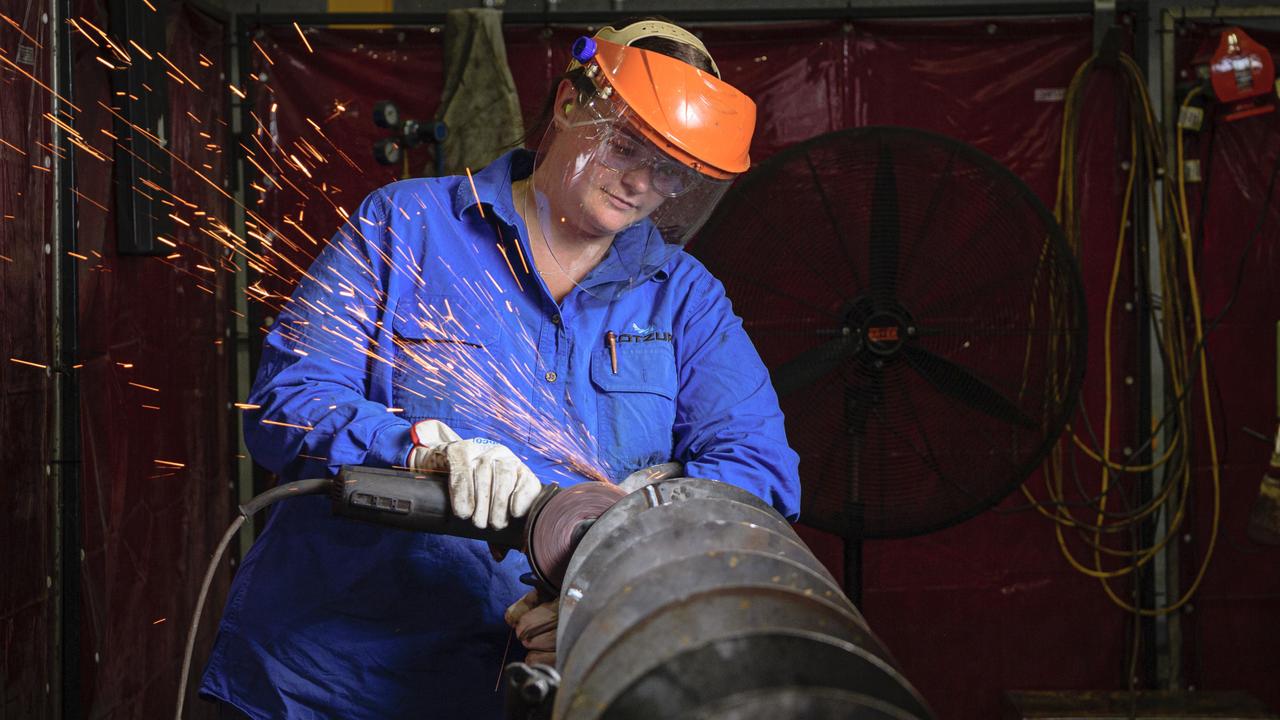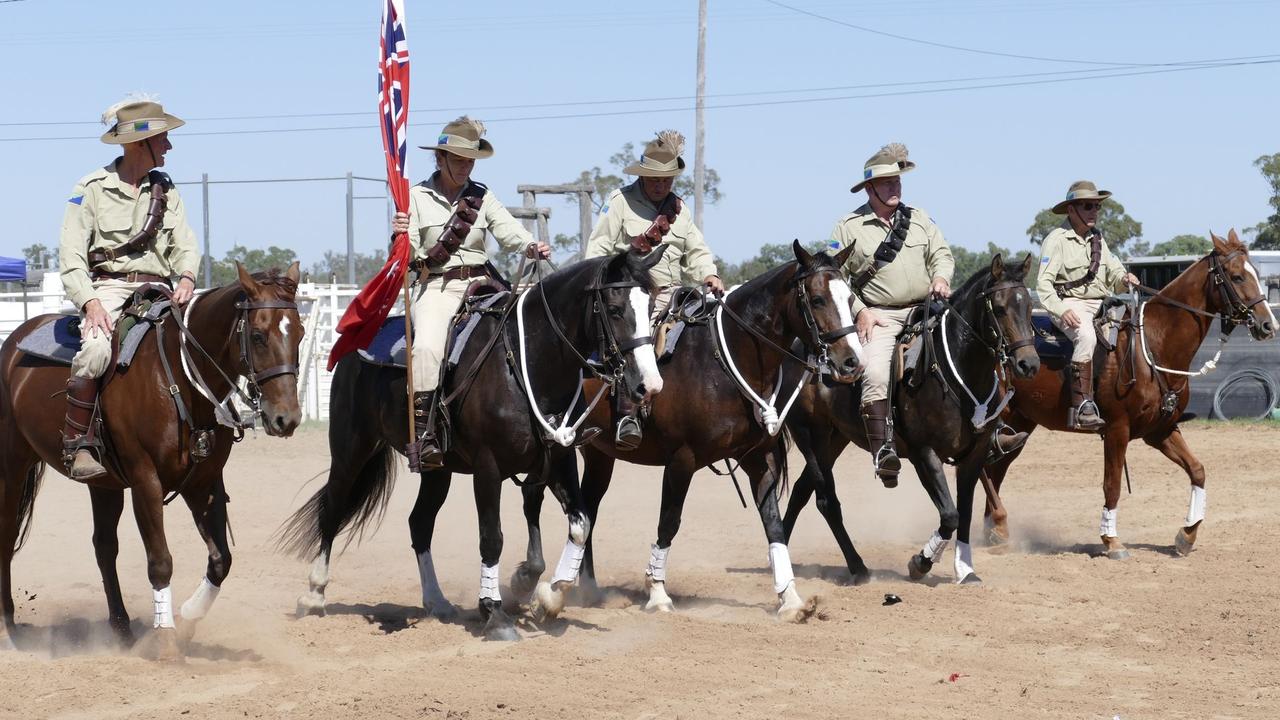International Day Against Homophobia, Biphobia and Transphobia 2024 in Toowoomba
Toowoomba celebrates diversity and inclusion as the world marks 34 years of anti-discrimination against the LGBTQIA+ community. Read their stories:
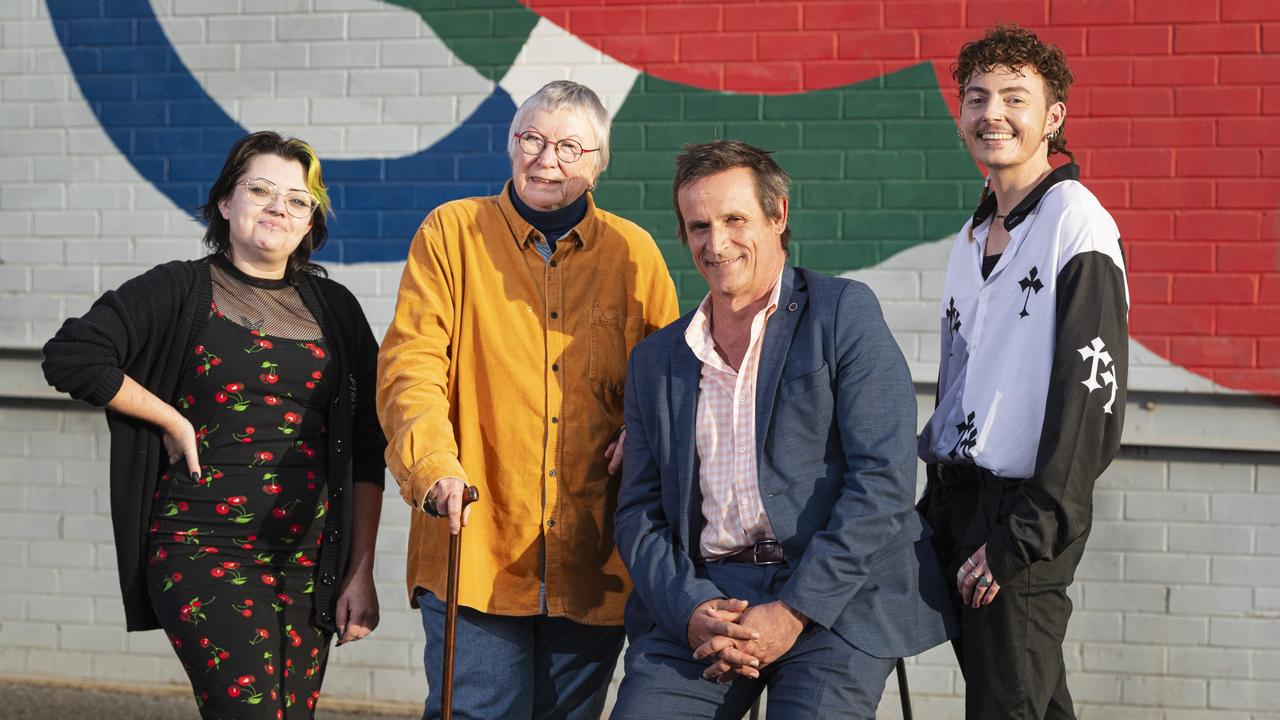
Community News
Don't miss out on the headlines from Community News. Followed categories will be added to My News.
Once a region that voted against marriage equality, those within Toowoomba’s community have noticed a remarkable shift in attitudes and acceptance since the same-sex marriage vote in 2017.
It was 34 years ago when homosexuality was removed from the World Health Organisation Classification of Diseases but only four years since gay conversion therapy was criminalised in Queensland.
While Toowoomba’s reputation as a conservative centre still lingers, advocates and community leaders from the LGBTQIA+ community are changing its landscape into one safer and more accepting of people from a diverse range of sexual and gender identities.
Friday, May 17, marks the International Day Against Homophobia, Biphobia and Transphobia (IDAHOBIT), which celebrates the recognition and struggle for human rights for LGBTQIA+ people.
To honour the occasion, The Chronicle spoke to four voices within the community who shared their personal journeys of identity, hope, struggle and joy to reflect the importance of acceptance and visibility within the Garden City.
Mickey Berry – Greens Federal Candidate for Groom 2022
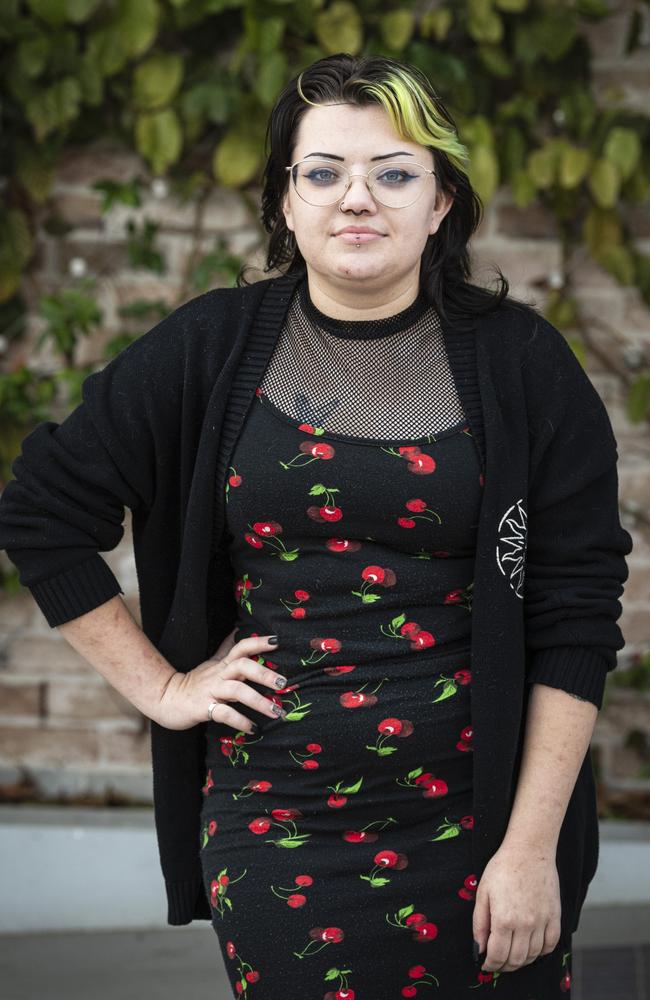
Building safe spaces for the Toowoomba queer community is what Mickey Berry sees in Toowoomba’s future.
The nonbinary 25-year-old came out when they were 12 years old.
They found a welcoming space at the Toowoomba Flexi School with other students who were out and teachers who supported them all.
Mickey said they are also lucky to have supportive parents.
“My mum wears a little ally pin to work every day and gives them out any other staff at her workplace who would like them,” they said.
Mickey said the Toowoomba queer community is “a lot bigger than people think it is”, and they run a couple of queer groups – MOSAIC and Toowoomba Queer Community, which includes a youth group to help provide queer youth with resources and information.
Mickey ran as the Greens Federal Candidate for Groom in 2022 as the first nonbinary candidate in the state and said they did so for visibility and representation.
“It’s really important that in regional towns there’s that level of representation,” they said.
“It’s so important to have that representation so young people can then see themselves in political figures.
“If people can see it more so than it being a hidden thing, the visibility can help people change their opinions.
“By doing these events and having people who are openly out doing things quite publicly it helps people who are willing to listen and change their mindset.”
They said they have watched people start to be open, listen and have those conversations, eventually swapping viewpoints.
They said they saw the city become more supportive than it used to be within the last decade.
“I think having more queer friendly spaces is really important to growth and acceptance.”
They are organising an IDAHOBIT picnic with MOSAIC and Toowoomba Queer Community this Saturday.
Dom Tulleken – dance instructor
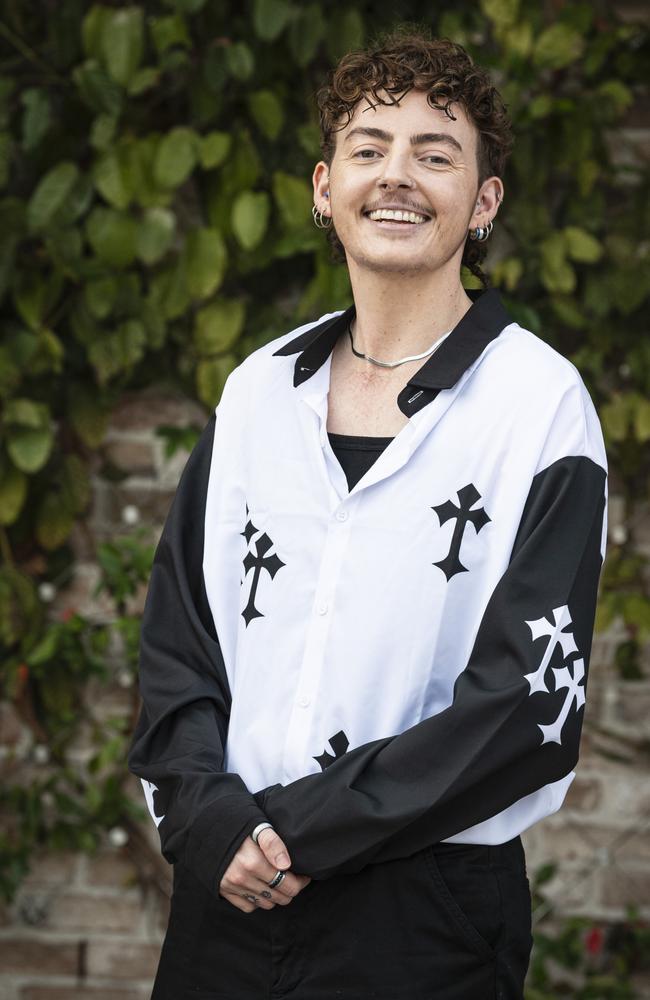
Growing up in post-apartheid South Africa for 17 years, Dom Tulleken knew he didn’t conform to what society said a girl represented.
“I did have a brother, but I was more the boy of the family, I did more boy things, I was the skateboarder, the surfboarder, I worked on the cars,” the dance instructor said.
“I used to dress like a boy, I would run around shirtless with the boys when I was little.
“When I started getting bits on the top, my mum would walk in on me praying to God, saying I didn’t want them.”
Mr Tulleken, who has been living as a trans man for nearly a decade now and has been undertaking hormone replacement for more than a year, says he is finally embracing himself after years of struggling for peace.
The Toowoomba small business owner said he didn’t even know what transgenderism was until he moved to Australia in his late teens, with the move representing a shift in his self-identity.
“I made a lot of friends who were in the LGBT community (in Australia) and they made me realise there was nothing to be ashamed of,” he said.
“I first came out as bi, then gay so I went through many of the letters.
“I was with one of my partners at the time (in my 20s) and I sat down and said to them, I don’t feel comfortable with who I am, I’m pretty sure I’m trans.
“We did some research and looked into gender-fluidity, and I sat with that for years, but as time went on I dressed more masculine.
“The only time I was more feminine was when I was with my mum — every other time I was more masculine and that felt closer to what I was.”
The journey has not been easy, with the 33-year-old suffering horrible verbal and emotional abuse by some family members as he embraced living as a man.
But rather than let it affect him, Mr Tulleken said it made him realise the value of his support network.
“The majority of the family disowned me, but when they throw a lot of trans hate it starts to make you realise there are some really beautiful and accepting people in your life,” he said.
“I’ve got a really great and supportive partner and wonderful friends, so having those people in my corner has been really great.”
Mr Tulleken said that love and support could be extended to Toowoomba, who openly embraced him when he launched his all-abilities dance school D Dance Academy.
He said the Garden City had clearly evolved in the years since he first moved here.
“When I was gay I ran away because I knew Toowoomba wasn’t accepting,” Mr Tulleken said.
“I’ve noticed a huge change in the community and it’s become a lot more accepting.
“I thought I was going to cop a lot of hate (when I announced my transition), but I’ve received a lot more love.
“I just really want to help spread awareness of the trans community and I hope the trans community can be more open and share their stories.”
Todd Rohl – Toowoomba Chamber of Commerce CEO
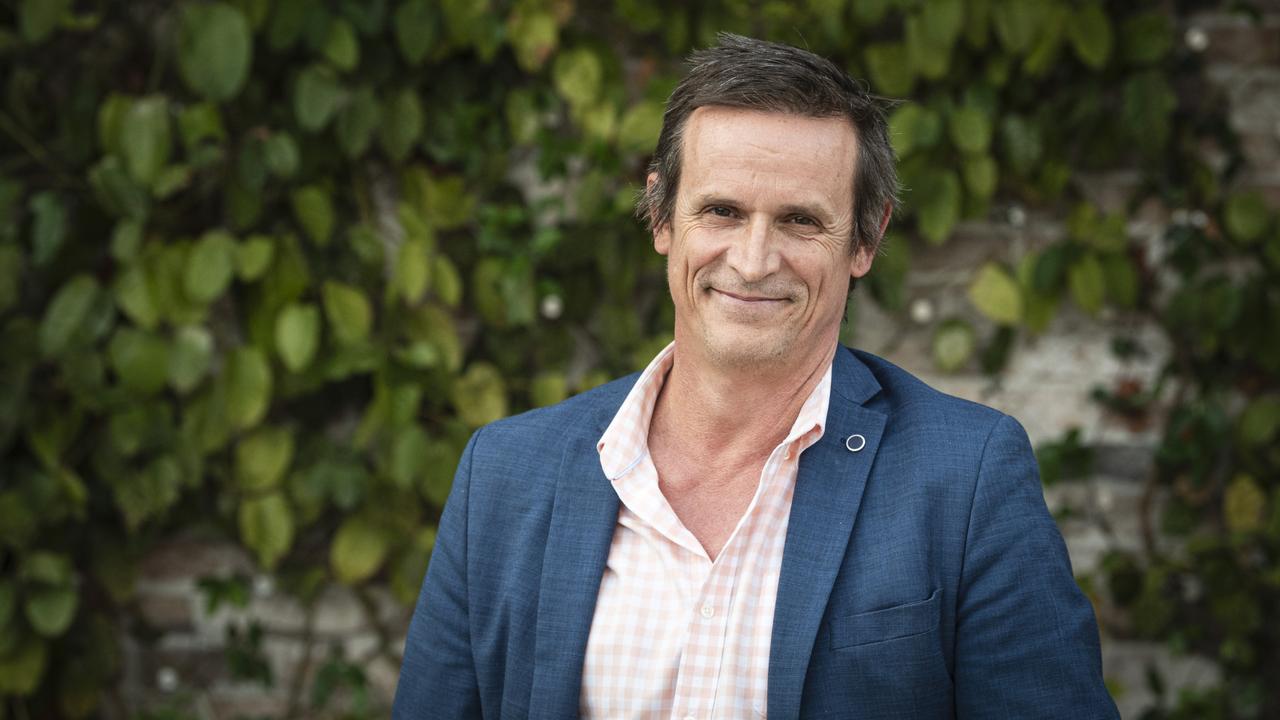
Todd Rohl remembers discovering his identity as a teenager, at a time when you heard homophobic slurs on the streets of Toowoomba and where two men holding hands could lead to abuse and even violence.
It was an environment that compelled him to protect himself, to hide his identity in plain sight.
“I heard the word f----t and those types of words more freely spoken,” Mr Rohl said.
“I know people who were beaten up, scared to go out — the scene was completely different to the 90s and 2000s.
“Queensland law around homosexuality only changed under the Goss government in 1991 (and) at the time I was too fearful of showing my real self.
“I had girlfriends as beards (to hide) who I was.”
Drawing inspiration from gay pioneers like American politician Harvey Milk and Australians like rugby league player Ian Roberts, Mr Rohl eventually started living as a gay man and told his parents — who accepted him.
Much has changed in the years since the Acland-born man came out, with the CEO of the Toowoomba Chamber of Commerce delighted to see his identity and marriage to husband Dr Clive Williams broadly embraced and accepted by the Garden City.
“I still find this town very welcoming, they have been to me since my return, I’ve never had any personal attacks and I would say it’s been very welcoming, but that might not be everyone’s experience,” he said.
But while Australia has progressed significantly on queer rights in the three decades since he came out, Mr Rohl said IDAHOBIT was important as a day to not just reflect on the struggle for equal rights but a reminder of how far society had to go.
“I would never have believed the changes that have been made — the time of having individuals across the country vote on creating equal rights for me was anxiety-provoking,” he said.
“(The LGBTQIA+ community) has been there, but now they feel like they can live comfortably, that they can make just as valuable a contribution as the next person.
“What we really need to do collectively is recognise and acknowledge the years and decades of people who have stood up and advocated for our rights.
“It’s important we advocate for equality for all, that’s the message for all LGBTQ people — we need to make sure we address (bigotry) with facts, not fiction.”
Sandy Pottinger – Art critic
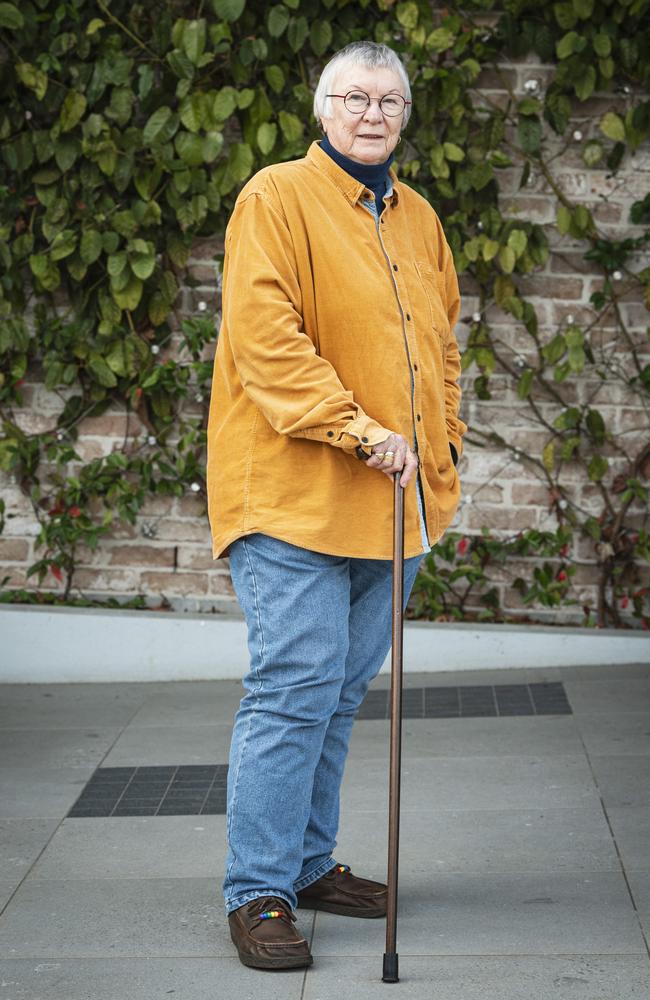
Sandy Pottinger never thought she needed the formality of marriage with her partner Sue Lostroh, but when the same-sex marriage bill passed in 2017 – it changed her mind.
Watching the announcement together on TV, they both looked at each other with tears and said, “let’s get married,” Ms Pottinger recalled.
The next year they were married at Picnic Point.
“We were standing in front of everybody and making our vows and honestly, we looked out and you could feel waves of love coming towards us,” she said.
Ms Pottinger grew up in Toowoomba, “found” herself in Sydney, and then returned to a career at the University of Southern Queensland becoming one of Toowoomba’s most prominent art critics.
Ms Pottinger said she was lucky she didn’t have a “horror story to tell” like many of her other gay friends.
She said she remembered the Sydney clubs you would sneak into where you “looked right and left before you ducked into the black door that was the gay club”, but it was always much worse for men.
She said her mum knew she had female partners, but when her dad found out he made an appointment with their family GP.
“And he (the GP) basically said, ‘look, there’s a line, men (here) women (there) and there’s in between’,” she said.
“There is homosexual birds, there is homosexual bees.
“He gave all these amazing examples to the point where my father came out thinking it was more normal than not.”
Involved in creative art circles which were more accepting of her identity, Ms Pottinger knew her story was an outlier.
“Those people who were actually brave enough to come out to family and friends often bore the brunt of misinformation and fear and embarrassment.
“I didn’t have that problem, my parents were amazing.”
Now, at 77 years of age her advice to others finding their identity in Toowoomba is to “maintain the rage but be yourself”.
“It’s really important that everybody push for tolerance, for acceptance, for inclusion.
“I think there has to be a way of saying you know, it’s okay to love.
“Love is universal, it’s about cherishing someone and it’s about building a sense of safety for everyone.”
Diverse Voices
1800 184 527
www.diversevoices.org.au
The Rainbow Sexual, Domestic and Family Violence Helpline
1800 497 212
Qlife
1800 184 527
www.qlife.org.au
Rainbow Door
1800 729 367



